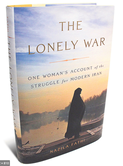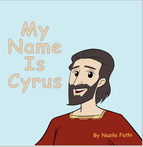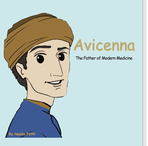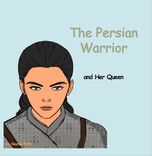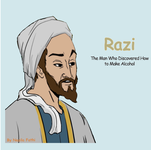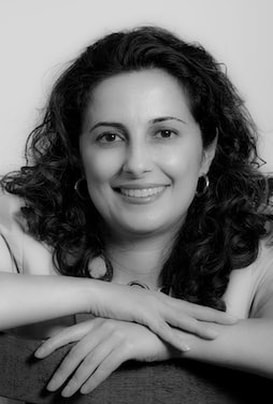
Nazila Fathi is a published author and an expert in creating and curating content. She excels in building and implementing communications strategies and helping companies increase their visibility.
As a former correspondent for the New York Times, she is passionate about telling powerful stories and helping people connect with their audience.
The Guardian, Foreign Policy Association, and Vogue magazine named Fathi’s book, The Lonely War, One Woman’s Account of the Struggle for Modern Iran, the best non-fiction of 2014.
She has also published children’s books: My Name is Cyrus and Avicenna, The Father of Modern Medicine, Razi, The Man who Discoverd How to Make Alcohol, and The Persian Warrior and Her Queen.
Fathi was an associate at Harvard Belfer Center and held fellowships at Harvard Nieman Foundation and Harvard Shorenstein Center.
Fathi lives in Bethesda, Maryland.
|
Books The Lonely War: One Woman's Account for the Struggle of Modern Iran Drawing on over two decades of reporting and extensive interviews with both ordinary Iranians and high-level officials before and since her departure, Fathi describes Iran's awakening alongside her own, revealing how moderates are steadily retaking the country. Available Here My Name is Cyrus Cyrus was the founder of the Persian Empire, the largest kingdom of the ancient world nearly 2,500 years ago. In a voice from the past, Cyrus explains who he was and why he is still called Cyrus the Great. Available Here Avicenna: The Father of Modern Medicine The young Avicenna survives a devastating fire that burns down his most beloved place, a library where he studied for three years. But the incident sets him on a course that would change the world of medicine. Available Here The Persian Warrior and Her Queen The Persian Empire is under attack. Apranik, a folklore warrior, is a military commander and must meet with Queen Pourandokht of the Sassanian Dynasty. Can she tell the truth? Available Here Razi: The Man Who Discovered How to Make Alcohol One day in 875, Mohammad Zakariya Razi discovered how to make alcohol in his lab while he was trying to turn copper into gold. He, then, went to Baghdad to become one of the most prominent scholars, physicians, and philosophers of his time. Available Here |
